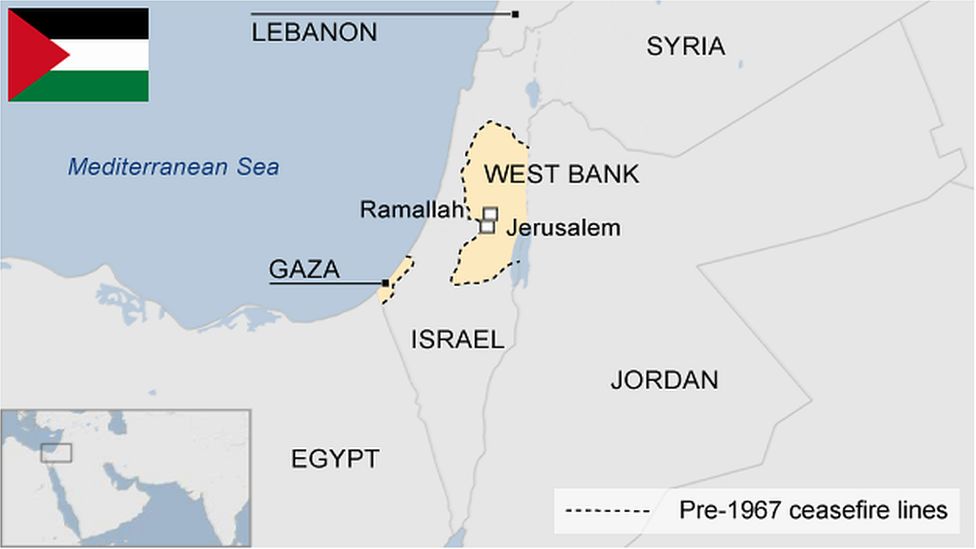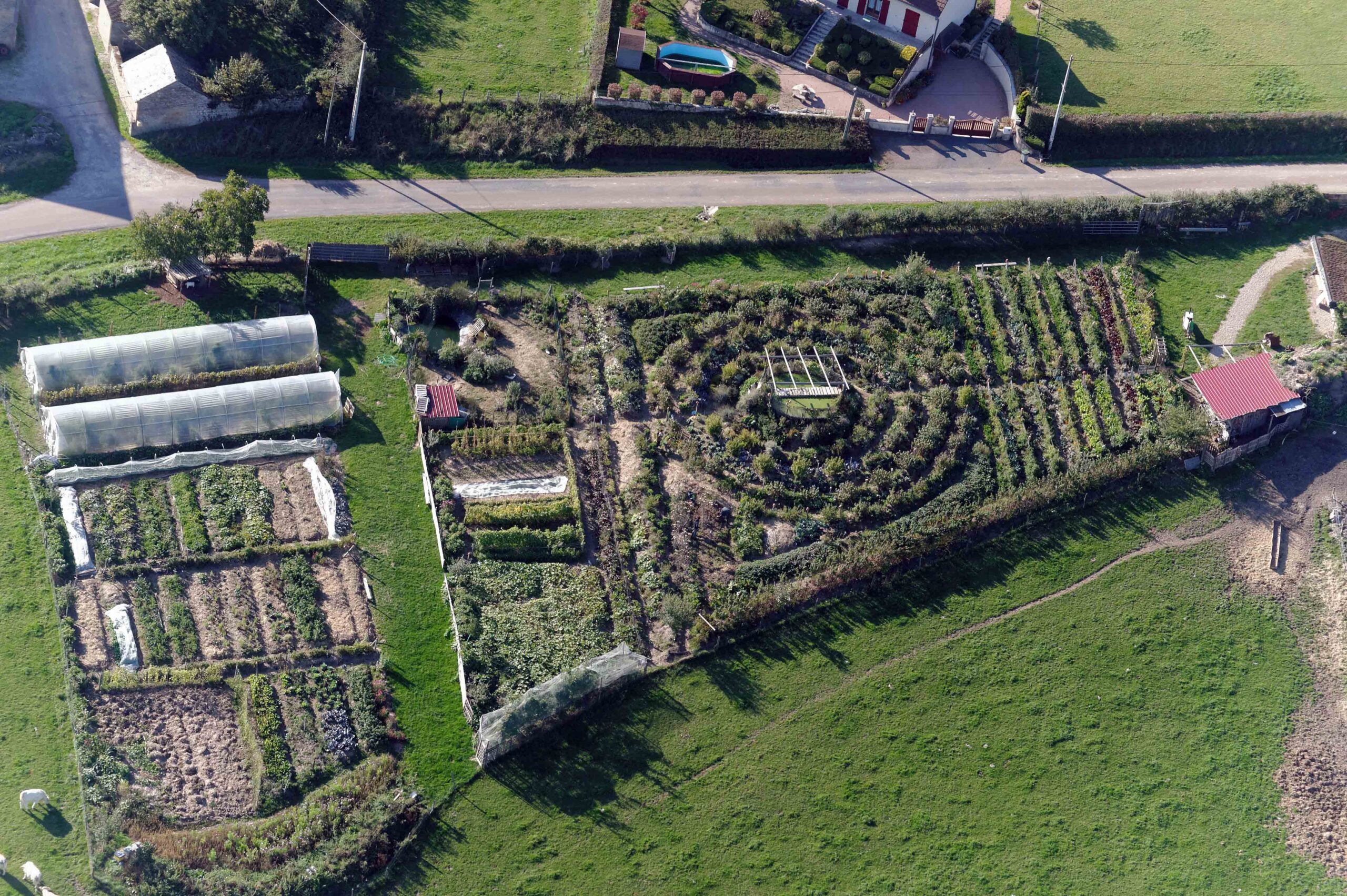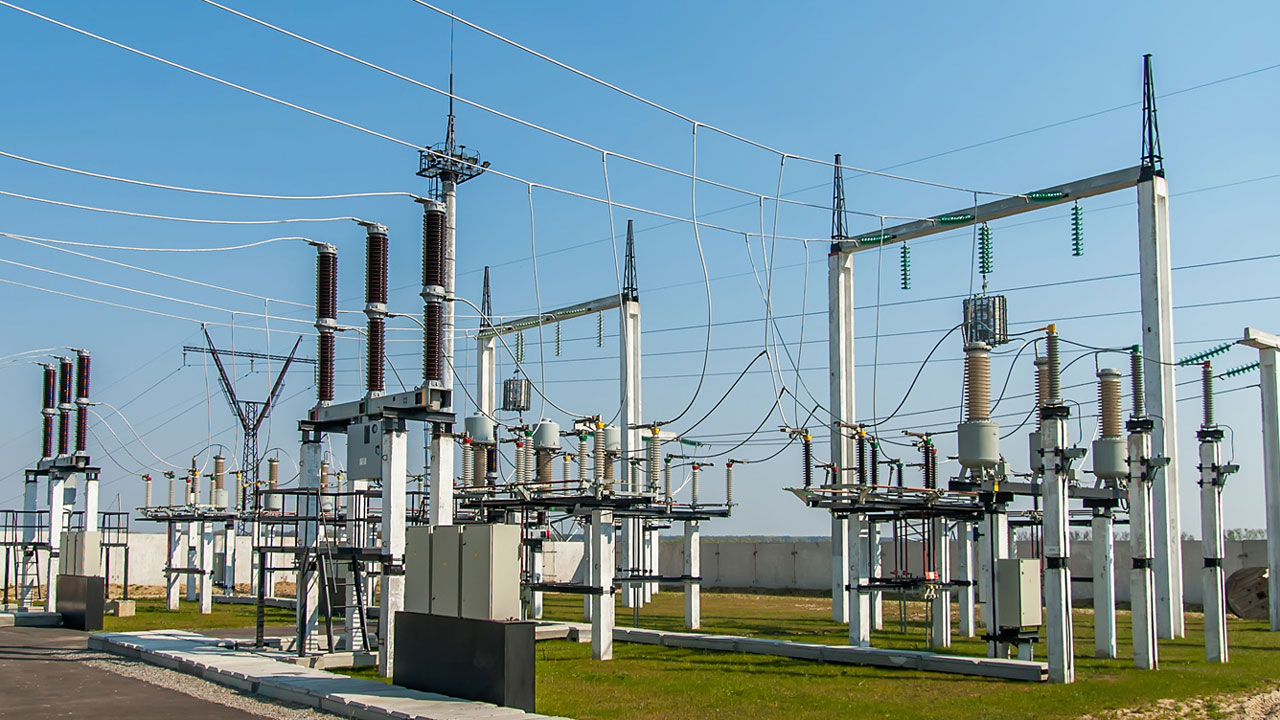Khalid Masood Khan
Reference: UN website
The Right to the Truth is often invoked in the context of gross human rights violations and grave breaches of humanitarian law. The relatives of victims of summary executions, enforced disappearance, missing persons, abducted children, and torture must know what happened to them. The Right to the Truth implies knowing the complete truth as to the events that transpired, their specific circumstances, and who participated in them, including understanding the circumstances in which the violations took place and the reasons for them.
Each year, on 24 March, the International Day for the Right to the Truth Concerning Gross Human Rights Violations and for the Dignity of Victims is observed.
This annual observance pays tribute to the memory of Monsignor Óscar Arnulfo Romero, who was murdered on 24 March 1980. Monsignor Romero was actively engaged in denouncing violations of the human rights of the most vulnerable individuals in El Salvador.
The purpose of the Day is to:
- Honour the memory of victims of gross and systematic human rights violations and promote the importance of the Right to Truth and justice;
- Pay tribute to those who have devoted their lives to, and lost their lives in, the struggle to promote and protect human rights for all;
- Recognize, in particular, the vital work and values of Archbishop Oscar Arnulfo Romero of El Salvador, who was assassinated on 24 March 1980 after denouncing violations of the human rights of the most vulnerable populations and defending the principles of protecting lives, promoting human dignity and opposition to all forms of violence.
On 21 December 2010, the United Nations General Assembly proclaimed 24 March as the International Day for the Right to the Truth concerning Gross Human Rights Violations and the Dignity of Victims.
The date was chosen because, on 24 March 1980, Archbishop Oscar Arnulfo Romero of El Salvador was assassinated after denouncing human rights violations.
In a study conducted in 2006, the Office of the UN High Commissioner for Human Rights concluded that the Right to the truth about gross human rights violations and severe violations of human rights law is inalienable and autonomous, linked to the duty and obligation of the State to protect and guarantee human rights, to conduct effective investigations and to guarantee effective remedy and reparations.
The study affirms that the Right to the truth implies knowing the complete truth as to the events that transpired, their specific circumstances, and who participated in them, including understanding the circumstances in which the violations took place and the reasons for them.
In a 2009 report on the Right to the truth, the Office of the UN High Commissioner for Human Rights identified best practices for the effective implementation of this Right, in particular rules relating to archives and records concerning gross violations of human rights and programmes on the protection of witnesses and other persons involved in trials connected with such abuses.
The Commission on the Truth for El Salvador was established following the Mexico Agreements of 27 April 1991 to investigate brutal acts of violence that had occurred since 1980 and whose impact on society was deemed to require urgent public knowledge of the truth. In its report of 15 March 1993, the Commission documented the facts of the assassination of Archbishop Oscar Arnulfo Romero by pro-government forces, the so-called “death squads”. An assassin shot him dead as he celebrated mass on 24 March 1980.
Truth in public life is critical. It is essential to achieve the goals of fundamental human rights. The states with less care for human rights permanently hide the truth from the people. Therefore, people must know the truth. Human rights abuses are unacceptable for a democratic and just society. Pakistan needs a better human rights record when dealing with ordinary citizens. Although human rights are enshrined in the constitution of Pakistan, and there is judicial access to them, the executive excesses are always there. Then, Pakistan is treated as a security state, and accordingly, the state organizations have always been imposing on the citizens.
The administrative and judicial procedures need a better understanding of the truth. Then, society should also support the importance of truth in the legal and administrative corridors. Society in Pakistan must realize the significance of access to truth as a fundamental human right. https://republicpolicy.com/do-you-know-your-fundamental-rights/
















































